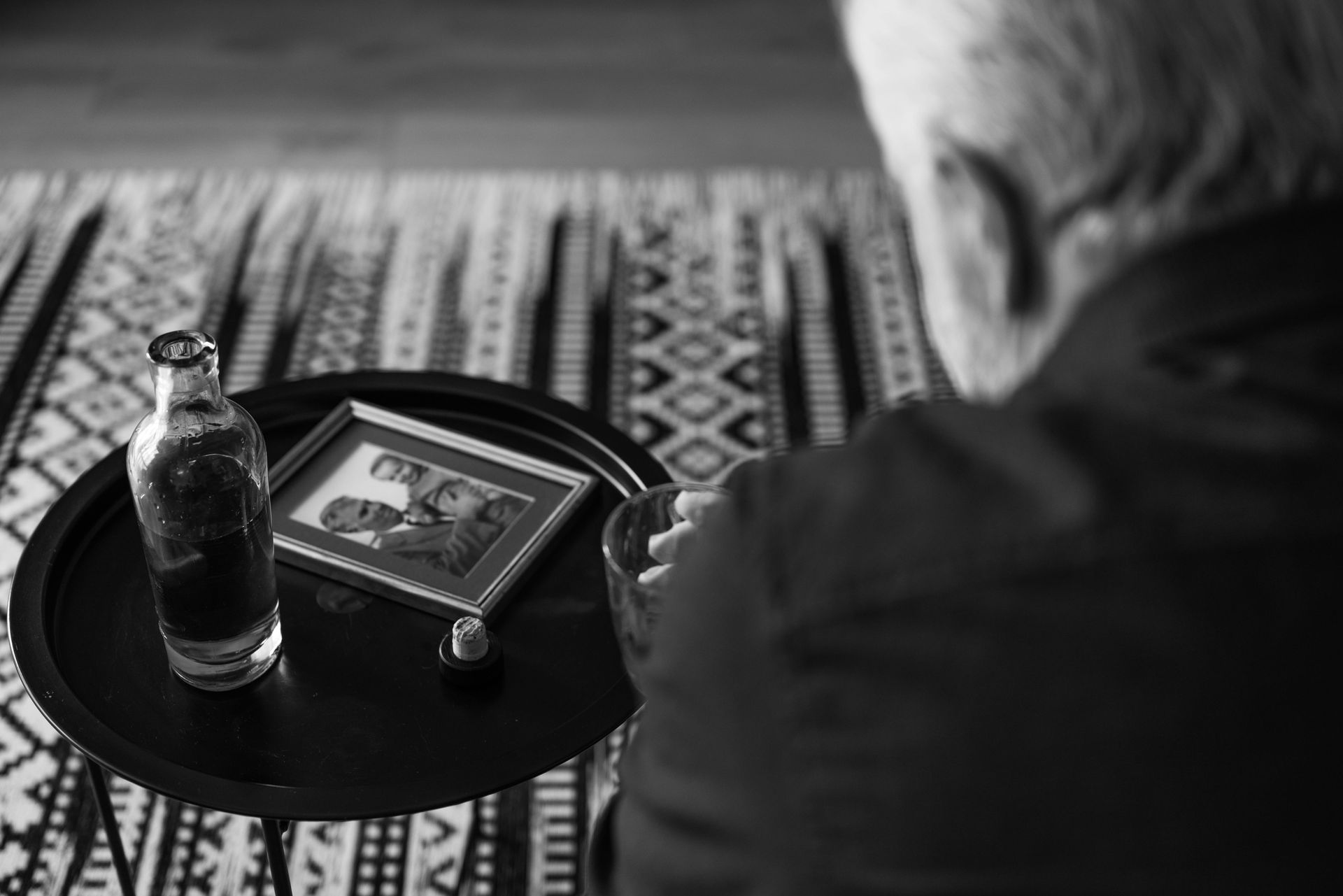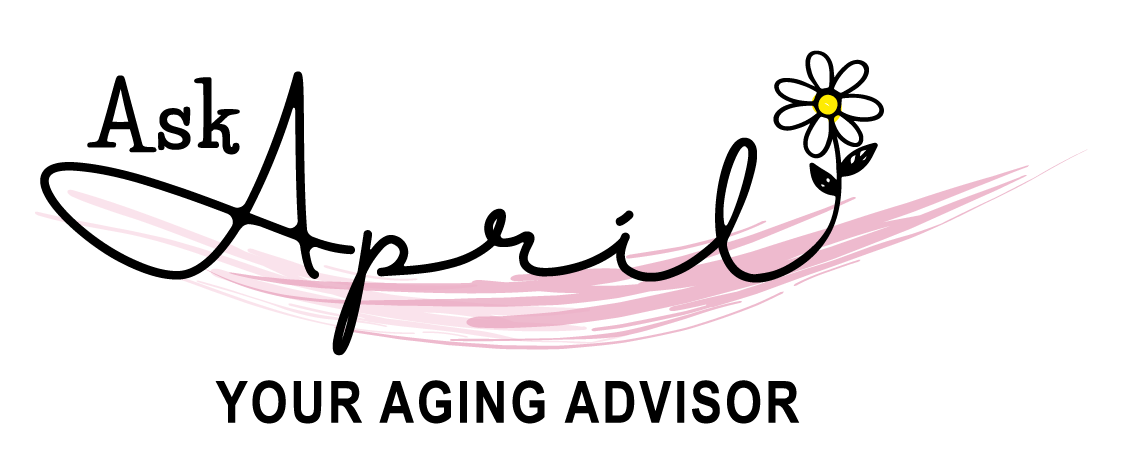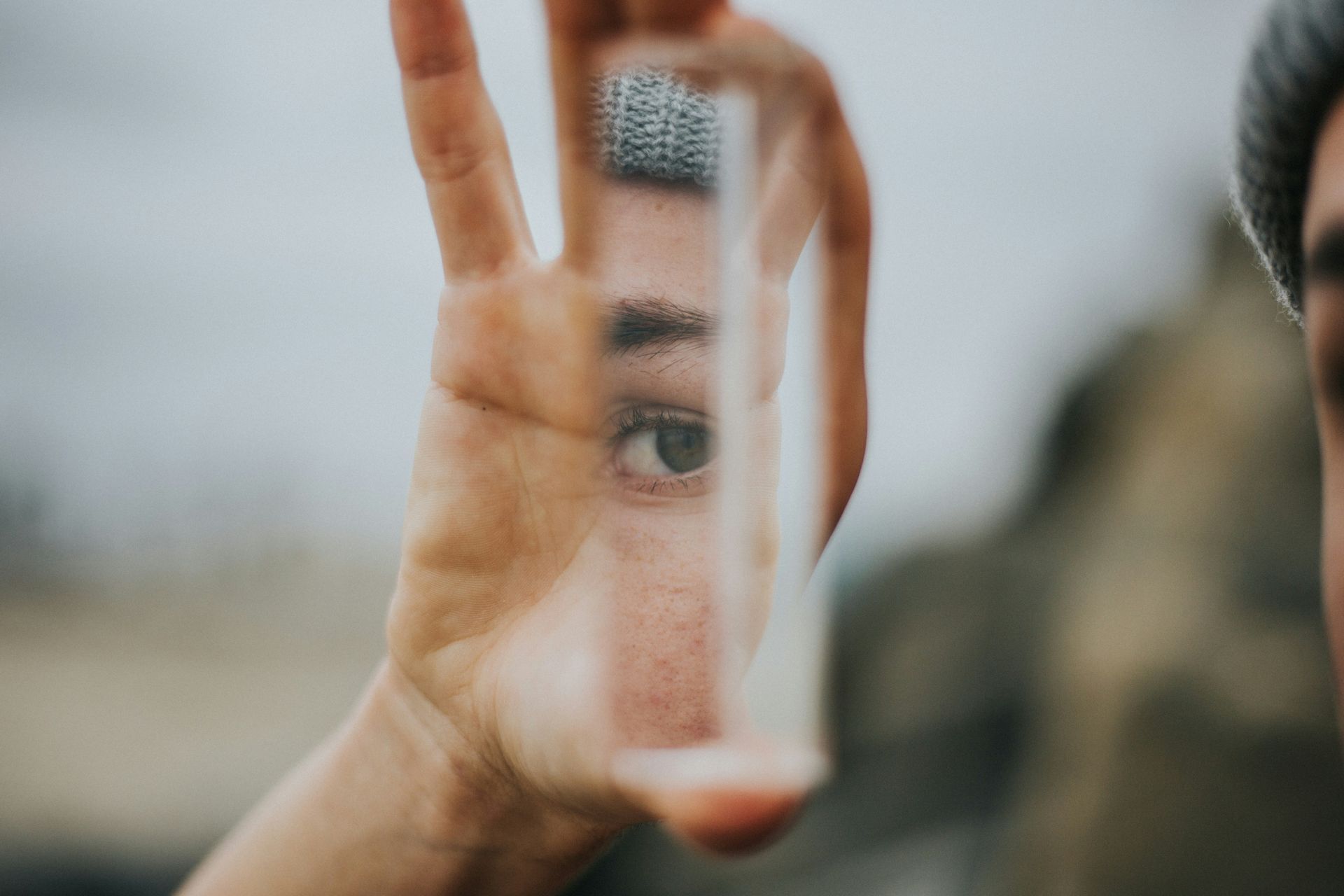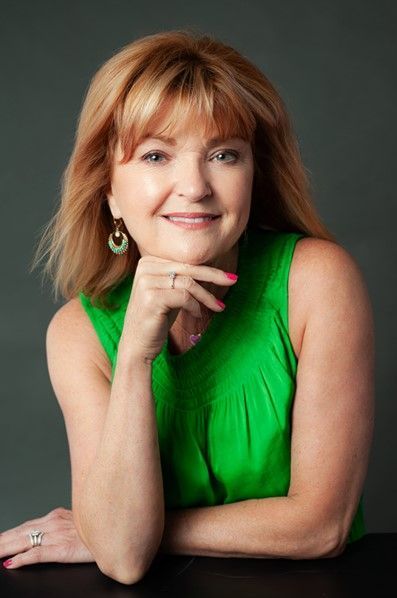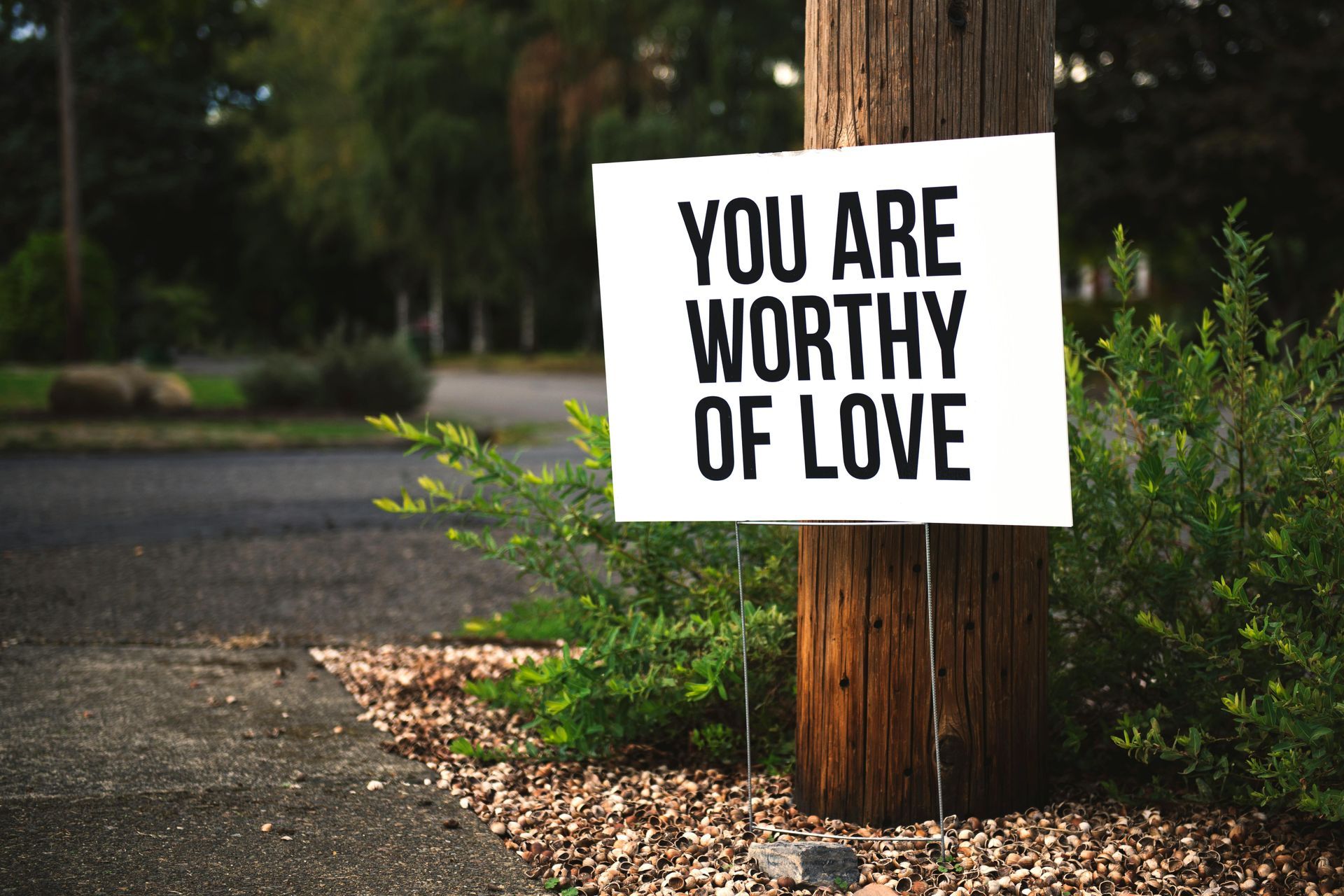Advocacy, Aging, and the Power of Your Voice
Aging well means listening to your body, honoring your needs, and making your voice heard through personal advocacy.
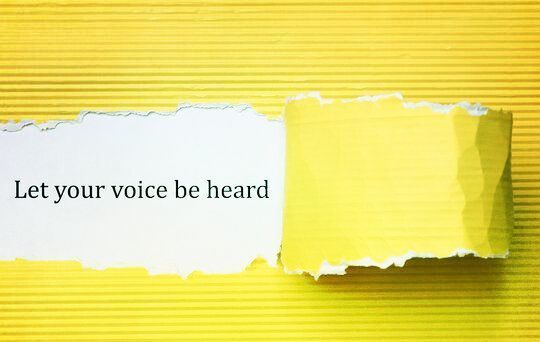
My mother used to buzz around our house like a bumblebee on steroids. That woman had a lot of energy, and lucky for me, I inherited it.
It’s both a blessing and a curse. More than once, someone in a grocery store parking lot has commented as I zipped by, “I wish I had your energy!”
I’m wired for speed. And I like it.
But watching my mom age—and slow down—was tough. I could see the frustration in her eyes. Her body could no longer keep up with the pace she’d known for decades, and she wasn’t happy about it. I get it. I’m already getting a taste.
Last week, I started experiencing chest pain. I ignored it at first (as many of us do), but by the next morning, the pain had spread down my left arm, and it felt like someone was punching my breast with a knife. I looked at Pablo, and he knew: we were headed to the ER.
We crossed the river to the University of Cincinnati—our trusted provider. Thankfully, things moved quickly: check-in, vitals, and EKG within 30 minutes. But the waiting room was its own kind of chaos—open wounds, loud conversations, and many people clearly dealing with homelessness, mental illness, or chronic crises. Frequent flyers.
I sat in silence, trying to retreat inward. Time slowed down.
An older woman caught my attention. Her pinched face betrayed her worry as she told the nurse that her partner had fallen in the shower and was howling in pain. This was their eighth ER visit this month. Her voice was weary. My heart hurt for her.
I was called back for bloodwork. Then returned to the waiting room. Over and over again, I repeated my story to new staff members. No one really examined my chest or arm. They were looking for what they expected—a heart issue. And when the EKG came back normal, they assumed all was well.
We finally made it home, and when I changed into something more comfortable, I saw it: a red rash spiraling up my arm and circling my breast.
Shingles.
Despite being vaccinated, a perfect storm had formed. A recent and severe chest cold had worn me down. My autoimmune disease—psoriatic arthritis—was flaring. And two weeks prior, I had finally upped my medication dose, per my rheumatologist’s frustrated recommendation. I hate medication. I hate illness. I hate being a patient.
And yet, there I was—laid out, in pain, and forced to accept it.
Being vulnerable isn’t easy.
Accepting help? Not easy.
Accepting sympathy? Definitely not easy for me, although I appreciate it.
And accepting that I am not in control of this body right now? Nearly impossible.
But here I am. Out of commission. Forced to slow down. And I don’t like it one bit.
I work with older adults every day—guiding them through disease, transition, and loss. I’ve seen firsthand how vulnerability increases with age, and yet, we rarely talk about how hard it is. We assume older adults should just “accept” it and seem baffled when they refuse our help. But vulnerability never gets easier. In fact, for those who’ve spent a lifetime being capable, it can be devastating.
And here’s the kicker: we can’t rely on the healthcare system to guide us through it.
The system is built to treat symptoms, not people. It’s fragmented, rushed, and myopic. No one examined my rash. They were looking for a heart issue, and once that was ruled out, their job was done. But I was still sick. Still in pain.
This is why we must become advocates for our own well-being. We must speak up, ask questions, and look at our bodies and lives holistically, always seeking the root cause of our pain or illness. Our healthcare providers often don’t have the time or training to do that for us. Not to mention that the system is designed to treat, not prevent. To prescribe, not support.
We can’t change the entire system. But we can change how we approach our own health.
We also need to acknowledge that living longer doesn’t mean living well. Our current trajectory has us spending the last 10–12 years of life battling disease and disability. That’s not a win. That’s not the vision of healthy aging I want for myself—or anyone.
We have an aging population in crisis, a mental health epidemic in our youth, and an obesity epidemic across the board. We need to stop waiting for a system fix and start creating change from within.
I don’t have all the answers yet, but I do know this: vulnerability is a part of the aging journey—not a detour from it. And as Dr. Becca Levy reminds us in Breaking the Age Code, our beliefs about aging shape how we age. Those who hold positive attitudes about getting older live an average of 7.5 years longer—with better health, greater resilience, and a higher quality of life. It turns out that how we think about aging directly impacts how we experience it. That means our approach, our attitude, and our acceptance aren’t just nice ideas—they’re powerful medicine.
Throughout this experience, my husband Pablo was a constant comfort to me—steady, loving, and by my side. It reminded me that human connection is just as important to our well-being as any treatment plan. So ask yourself: Who will be there for you when you need them most? Nurture your relationships. Talk openly with friends and family about how you can support one another. Make a plan for mutual care.
After this experience, I’ve made the decision to explore new paths. I’m currently seeking out functional medicine providers who take the time to look for root causes—not just manage symptoms. The traditional medical approach is no longer serving me, and I refuse to accept chronic illness as my norm. I live a healthy lifestyle: I exercise, I eat better than ever, and I continue to learn how to fuel my body in ways that support healing. I have purpose, connection, and a deep desire to live fully. And I know I don’t have to live like this. It's time for a different kind of care—one that sees the whole person, not just the diagnosis.
Aging well doesn’t come in a bottle. It starts with intention, community, and the courage to face change with an open heart. And that’s a prescription worth filling.
If you’d like to discuss your own health or aging strategy, I’d be honored to help—please reach out anytime. Let’s plan for the future you deserve.
For those looking to deepen their understanding of aging, self-advocacy, and holistic health, here are a few trusted resources:
Breaking the Age Code – Dr. Becca Levy
Explore groundbreaking research on how our beliefs about aging directly impact our mental and physical health.
Read the book |
View the original study
Age-Friendly Health Systems – Institute for Healthcare Improvement (IHI)
Learn about the “4Ms” framework—What Matters, Medication, Mentation, and Mobility—and how it supports older adults in getting the care that truly matters.
Visit IHI’s Age-Friendly Health Systems
Dr. Mark Hyman
Official Website
A leader in functional medicine, Dr. Hyman offers tools, resources, and programs focused on reversing chronic illness by addressing root causes, not just symptoms.
Need Personalized Support?
If you're ready to develop your own aging or health strategy, I’m here to help.
Contact April Ibarra to schedule a consultation and begin aging with intention.
agingadvisor@outlook.com
(859) 308-8072
